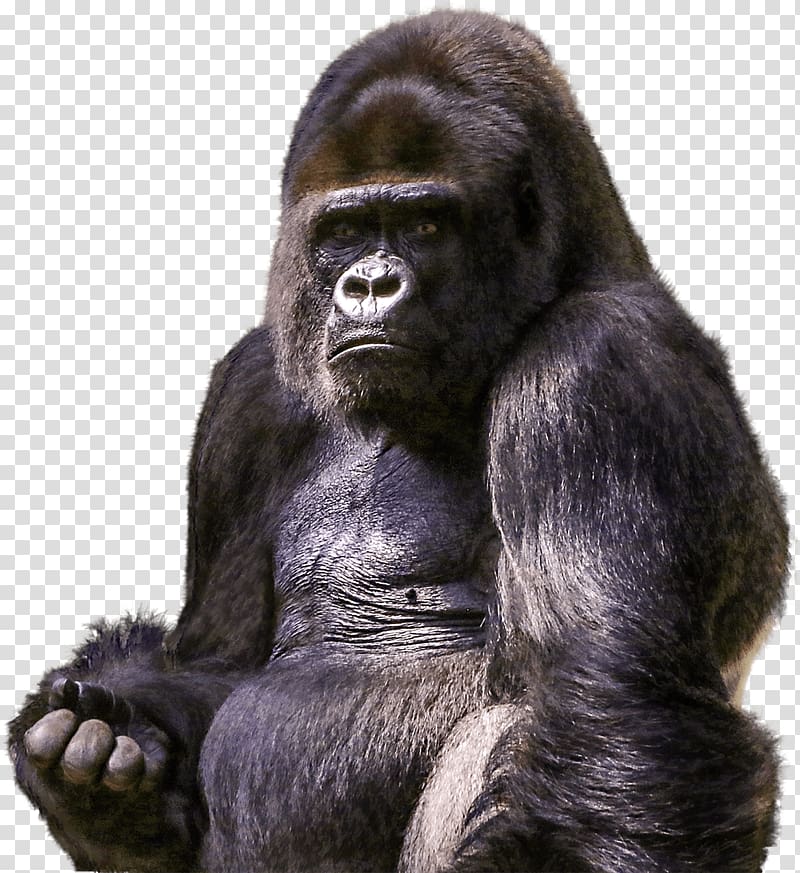AI Video Marketing: Transforming the Visual Landscape
- Gorilla Marketing Systems
.png/v1/fill/w_320,h_320/file.jpg)
- Jan 15, 2024
- 2 min read

AI Video Marketing: Transforming the Visual Landscape
In the ever-evolving realm of digital marketing, Artificial Intelligence (AI) is making waves, particularly in the realm of video marketing. This dynamic fusion of AI and video content is redefining the way businesses engage with their audience. Let's delve into the profound impact and promising future of AI in video marketing.
1. Personalized Video Experiences: AI algorithms are enabling marketers to deliver hyper-personalized video content tailored to individual preferences. By analyzing user data, AI can recommend and curate video playlists, ensuring that viewers receive content aligned with their interests, behaviors, and past interactions.
Example: Netflix utilizes AI to analyze viewing history and provide personalized recommendations. In the future, we can expect brands to employ similar strategies for personalized video content on platforms like YouTube and social media.
2. Dynamic Video Creation: AI-powered tools are ushering in an era of dynamic video creation, automating the process and optimizing content for diverse audiences. From generating personalized video messages to creating variations based on user segmentation, AI enhances efficiency and creativity in video production.
Example: Wibbitz is an AI-powered platform that automates video creation. It analyzes text content and transforms it into engaging videos with visuals, transitions, and voiceovers.
3. Enhanced Video Editing and Production: AI is elevating video editing by offering intelligent features such as automated scene detection, voice recognition, and content summarization. This streamlines the editing process, saving time and resources while maintaining high production quality.
Example: Adobe Premiere Pro uses AI features like Auto Reframe, which automatically adjusts video framing based on the content. This ensures optimal viewing experiences across various platforms.
4. Predictive Analytics for Video Performance: AI-driven predictive analytics empower marketers to forecast the performance of video campaigns accurately. By analyzing historical data, AI algorithms can predict engagement levels, audience reach, and potential conversion rates, enabling marketers to optimize strategies in real-time.
Example: Platforms like Google's YouTube and Facebook provide insights into video performance. The integration of AI will enhance these analytics, offering more accurate predictions and actionable insights.
5. Interactive and Immersive Video Experiences: AI contributes to the creation of interactive and immersive video experiences. From personalized branching narratives to interactive elements based on viewer behavior, AI-infused videos captivate audiences and encourage active participation.
Example: Interactive storytelling experiences, where viewers make choices that impact the narrative direction, are gaining popularity. AI algorithms adapt the storyline based on user decisions.
Conclusion: AI is reshaping the landscape of video marketing, offering innovative solutions that enhance personalization, creativity, and campaign optimization. As businesses embrace the synergy of AI and video content, they unlock the potential to forge deeper connections with their audience and stay ahead in the competitive digital space. The future of video marketing is intelligent, dynamic, and filled with possibilities, thanks to the transformative capabilities of Artificial Intelligence.




Comments